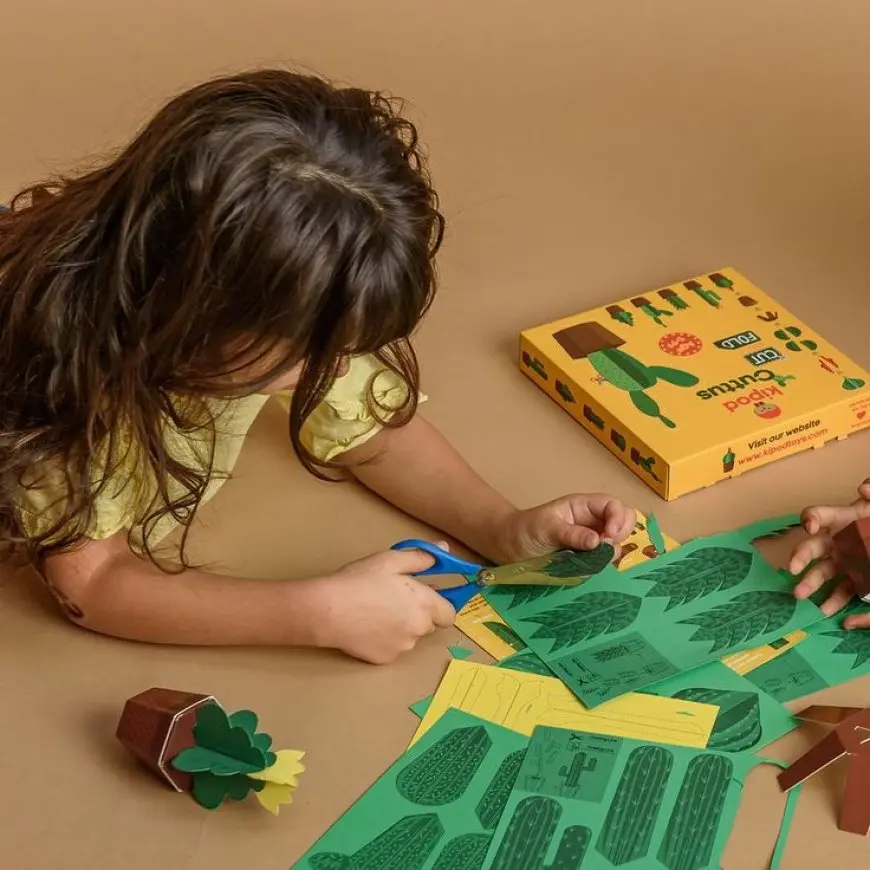Ways to Encourage Critical Thinking in Kids
Ways to Encourage Critical Thinking in Kids

Critical thinking is a vital skill that enables children to analyze situations, solve problems, and make informed decisions. By fostering this ability from a young age, parents and educators can empower kids to approach the world with curiosity and confidence. Here are effective ways to encourage critical thinking in children.
Start by encouraging open-ended questions. Instead of providing answers to every inquiry, prompt children to think for themselves. Ask questions like, “What do you think will happen if...?” or “Why do you think that is?” to stimulate their reasoning skills.
Create an environment that celebrates curiosity. Provide opportunities for children to explore new ideas, ask questions, and experiment with solutions. Whether through books, puzzles, or creative activities, curiosity is a gateway to critical thinking.
Encourage problem-solving in everyday situations. Let children take the lead in finding solutions to simple challenges, such as resolving conflicts with friends or figuring out how to assemble a toy. Offer guidance, but allow them the space to think independently.
Introduce games and activities that promote logic and reasoning. Board games, riddles, and strategy games are excellent tools for engaging children in thinking critically while having fun.
Discuss real-life scenarios and ask children how they would handle them. For example, talk about what they would do if they found a lost wallet or saw someone in need. These discussions help children apply critical thinking to practical situations.
Model critical thinking yourself. Share your thought processes when making decisions or solving problems. Children often learn by observing adults, so demonstrating logical reasoning and thoughtful decision-making is essential.
Encourage them to consider different perspectives. When discussing a story, event, or idea, ask children how others might view it. This practice helps them develop empathy and understand the complexity of various situations.
Teach them to evaluate information critically. With the vast amount of information available online, it’s crucial to help kids discern credible sources from unreliable ones. Teach them to question what they read or hear and seek evidence before forming opinions.
Finally, praise effort and persistence. Let children know that critical thinking is a skill that improves with practice and that making mistakes is part of the learning process. This encouragement builds their confidence and motivates them to keep trying.
By fostering critical thinking in kids, you prepare them for a future where they can approach challenges with confidence and creativity. These skills not only benefit them academically but also equip them to navigate life’s complexities with wisdom and curiosity.







